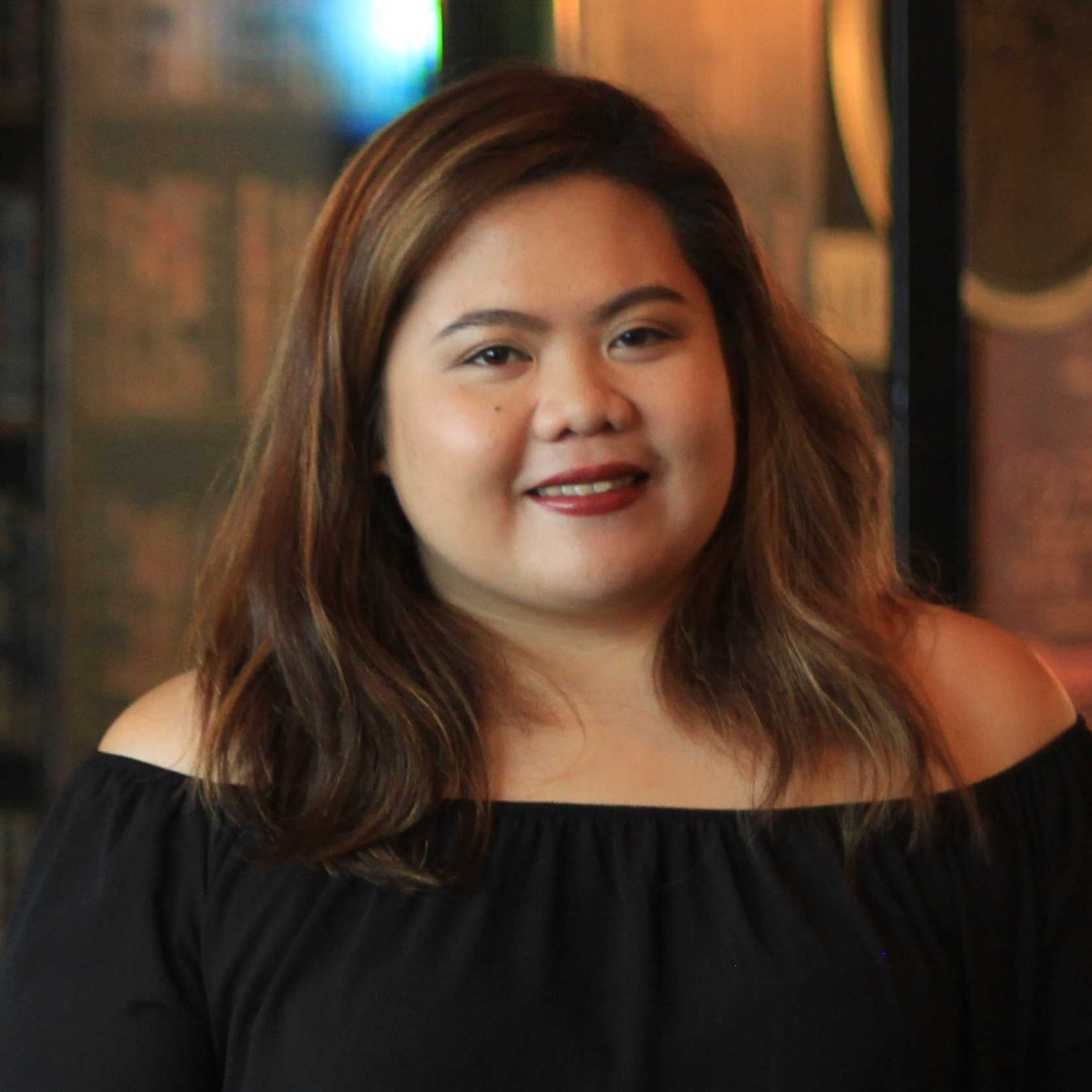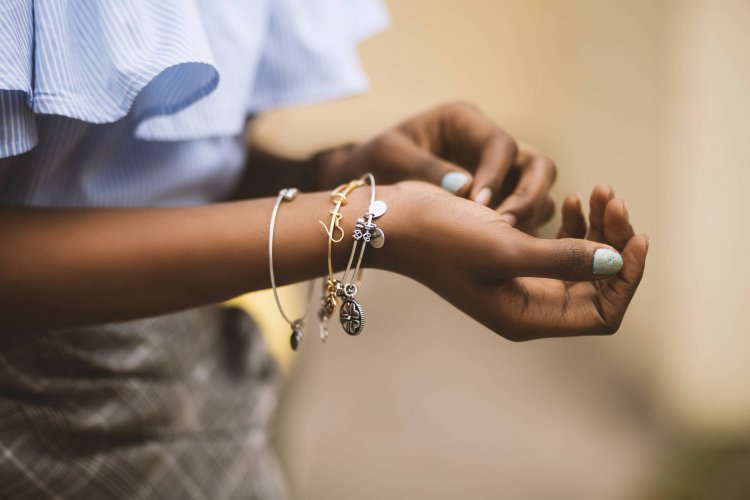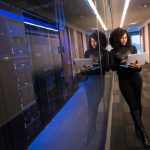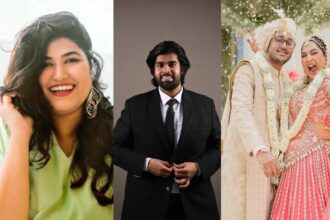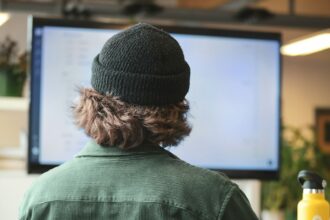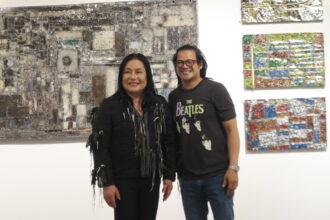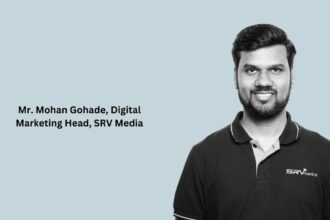The journey of a thousand miles begins with a single step.
This guest post is part of the #BehindTheBiz series. It features creative Filipinos who started a business during the pandemic, whether out of necessity or just pure passion.
A Chinese philosopher once said, “The journey of a thousand miles begins with a single step.”
When I think of the greatest entrepreneurs of our time – people like Steve Jobs, Bill Gates, Jeff Bezos, Mark Zuckerberg, Oprah Winfrey, Sarah Blakely, and Jack Ma – I can’t help but think – there’s someone in their garage or kitchen counter right now working on the next Apple, Spanx, or Alibaba and they just don’t know it yet.
From where I came from, business is not a hot topic during family gatherings. The lawyer, doctor, and the nurse usually get the most compliments. (There’s nothing wrong with that. I have mad respect for professionals.)
However, I just wish people talked about entrepreneurship a bit more. Because from my experience, it doesn’t matter if you’ve invented a revolutionary t-shirt that can disrupt the clothing industry. In their eyes, you’re just selling t-shirts.
It’s interesting because if you think about it, the brands that we can’t live without, the tech startups that changed the way we shop, eat, communicate, work, and bank, all started as seedling businesses. Before they become the mammoths they are now, they were once little startups.
This is the inspiration behind these 19 interviews. I want to change the conversation. I want people to pay more attention to entrepreneurs, because by supporting entrepreneurs we support innovation.
In this series, you’ll meet people who started a business during the pandemic, from retail, consulting, to software-based startups and everything in between. Hopefully these stories will inspire you to start that business you’ve always wanted to start.
For the first installment, I would like to share the entrepreneurial story of a former colleague of mine and one of the smartest people I know.

Meet Ana Cristina Bautista
A couple of years ago, Ana and I worked for a BPO consulting firm based in Ortigas, Philippines. She was a trainer and I was a newbie digital marketer. I resigned from that job after a year to pursue a freelancing path and Ana was recruited to work for intelligence and had to move to London.
Ana had stellar accomplishments during her 8-year intelligence career. Her team built that platform for Obamacare and they were also part of the group that worked with the Euro Space Station for when they launched the Rosetta Mission.
Other than that, her team also partnered with the UK Ministry of Defense, Euro Air Traffic Control, and several European health care programs.
Talk about bragging rights!
Ana’s work demanded a lot of travel in and out of Europe and Africa. This exposed her to the ugly realities of the blood diamond business. That’s why when she retired from intel work and returned to her home country, she brought that conscientiousness with her.
Today, Ana imports branded jewelry from Europe and customizes her own using precious metals and gems. What makes her business special is that she advocates to forgo earth-mined diamonds all together.
Yes, The Kimberley Process is preventing conflict diamonds from entering the legitimate trade at a notable scale. But, the hard truth is that years after the term blood diamond entered public consciousness, there’s still no absolute certainty that you’re buying a diamond that is 100% conflict-free.
Moissanites, topaz, sapphires, and rubies – these are some of the gems you’ll see in Ana’s jewelry brand. They are as luxurious as diamonds but they come with a peace of mind, and not a trace of blood.
Hi Ana! Welcome to our series “Behind the Biz”, tell us about you and what business did you start during the pandemic?
Hi Angela, thanks for reaching out to us to take part in this interview. My husband Dani and I started The Collection brand for bespoke jewelry immediately after the first ECQ.
What’s your backstory and how did you come up with the idea?
It started out as simple as collecting gems, to learning how to design pieces and producing flawless jewelry. The eureka moment was when my personal friends consulted me for engagement ring designs and explained the process to their platero.
Take us through the process of designing/prototyping/sourcing/manufacturing your product or service.
The Collection designs are bespoke jewelry that is unique and personal. When a customer consults with us, we always ask for their budget first, so we’d know the limitations of our designs. Once we establish the budget, I go on designing and present it to the client. After the selection process, I would make a mold for it and present it to the client before production.
Since launch, what has worked to attract and retain customers?
Consistency, maximizing social platforms for advertising, offer new lines of products for the Filipino clientele.
How are you today and what does the future look like?
The Collection is still growing, right now we have partnered with European suppliers for fashion costume jewelry.
Aside from bespoke jewelry, we expanded a line called Everyday Luxury. These are ready to wear jewelry for customers who want their jewelry right away.
We are also about to introduce our leather collection for men’s jewelry. In the coming months, we may be expanding to European designer clothes and shoes.
Through starting the business, have you learned anything particularly helpful or advantageous?
I have to say that the cost of doing business here in the Philippines is significantly higher than doing business in London.
Why? In London and the rest of Europe, the clientele buys jewelry because they like the design, they have a personal connection with the piece that represents their character.
Here in the Philippines, they buy jewelry as an investment, which means that no matter how pretty and unique the design is, the tacky Saudi gold jewelry wins every time.
Sourcing gold here is next to impossible, mostly black markets or recycled gold if you are lucky to find any.
What platform or tools do you use for your business?
Facebook, Instagram, Yuppo, our website, for communication we use WhatsApp and Wechat with our EU suppliers.
Advice for other entrepreneurs who want to start a business during these challenging times? I followed my Dad’s advice, before starting a project/business, don’t look at the wins but look at what you can lose and ask yourself if you can manage with the loss.
Where can we go to learn more about you and your business?
We are on Facebook and this is the link to our website.




